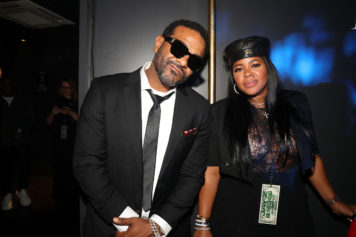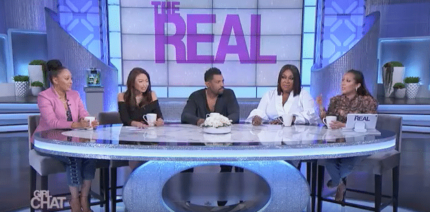In her 30 years of counseling couples, Mira Kirshenbaum has discerned 17 reasons that people have extramarital affairs. In a near majority of couples, one partner will cheat on the other at some point. In her new book, When Good People Have Affairs: Inside the Hearts & Minds of People in Two Relationships (St. Martin’s), Kirshenbaum explains the reasons and offers some helpful — and sometimes surprising — advice on how to manage the consequences. TIME senior reporter Andrea Sachs reached Kirshenbaum at her office in Boston:
TIME: Is there a pattern in the way that affairs begin?
Mira Kirshenbaum: People say, “I never meant for this to happen.” They’re being honest when they say that. Typically, they’re in a committed relationship, but they aren’t perfectly happy. No one who was perfectly happy in their primary relationship gets into a second one. They’re a lot unhappy, or maybe just a little. Maybe they have no plans to cheat. And then the other person somehow floats onto their radar screen. The image that I have is like someone who has been wandering around with a couple of empty wine glasses who suddenly meets someone with a bottle of wine. And so they want a little taste. It starts very innocently. Very slowly they get to know each other. It’s often an emotional affair to begin with. Maybe they have long conversations, whatever. However it happens, eventually they realize that they’ve crossed some sort of line. But they realize it after they’ve crossed it. And it feels wonderful because it was a line they were hungry to cross. But it also feels terrible because they know it’s cheating, and they know they never wanted to be a cheater. But it keeps going. Think about it. If you don’t want to divorce, and there are many reasons people don’t — for the children, for financial reasons, they don’t want the stigma of a divorce — this is a way people cope. They have the illusion that no one will know. If I get a divorce, it’s a public act and everyone will know that my marriage failed, that I’m a failure. But if I have an affair, I’m able to pretend that everything’s O.K. and no one will get hurt. So they find themselves involved in the two relationships and it looks as though it could work. And the guilt seems manageable. And they’re not really thinking about the future. They feel like they’ve got this wonderful, wonderful present, and it seems to solve all their problems.
TIME: Can that last?
It never lasts. It can’t. Being in two relationships is inherently unsustainable. It’s like a house of cards. And the longer it keeps going, the more likely it is to come crashing down. And then the pressure mounts and the central structure is that three-way tug of war. The person who is cheating is just trying to keep everything stable, the same, not changing anything. The two other people, the lover and the spouse, are putting pressure on, if the spouse knows about it. If the spouse doesn’t, she still is wanting more time, more fun. She puts pressure on anyway.
TIME: Do most people get caught?
Yes. Inevitably there are slip-ups. In the stories I hear, they find a gift in a pocket of a coat and they think it’s for them and they’re so excited, and then they never get the gift. I mean, it’s just heartbreaking. So it all blows up eventually.
TIME: Should you confess if you feel guilty about it?
No. I’ve got to tell you that this is very, very important. I’m a person who is just an advocate of truth. I really will do anything to tell the truth, so it took me a long time to get to the point where I say, just don’t tell. Because how does it make a person less guilty to inflict terrible pain on someone? Which is exactly what the confession does. It puts the other person in a permanent state of hurt and grief and loss of trust and an inability to feel safe…
Read more: Time


